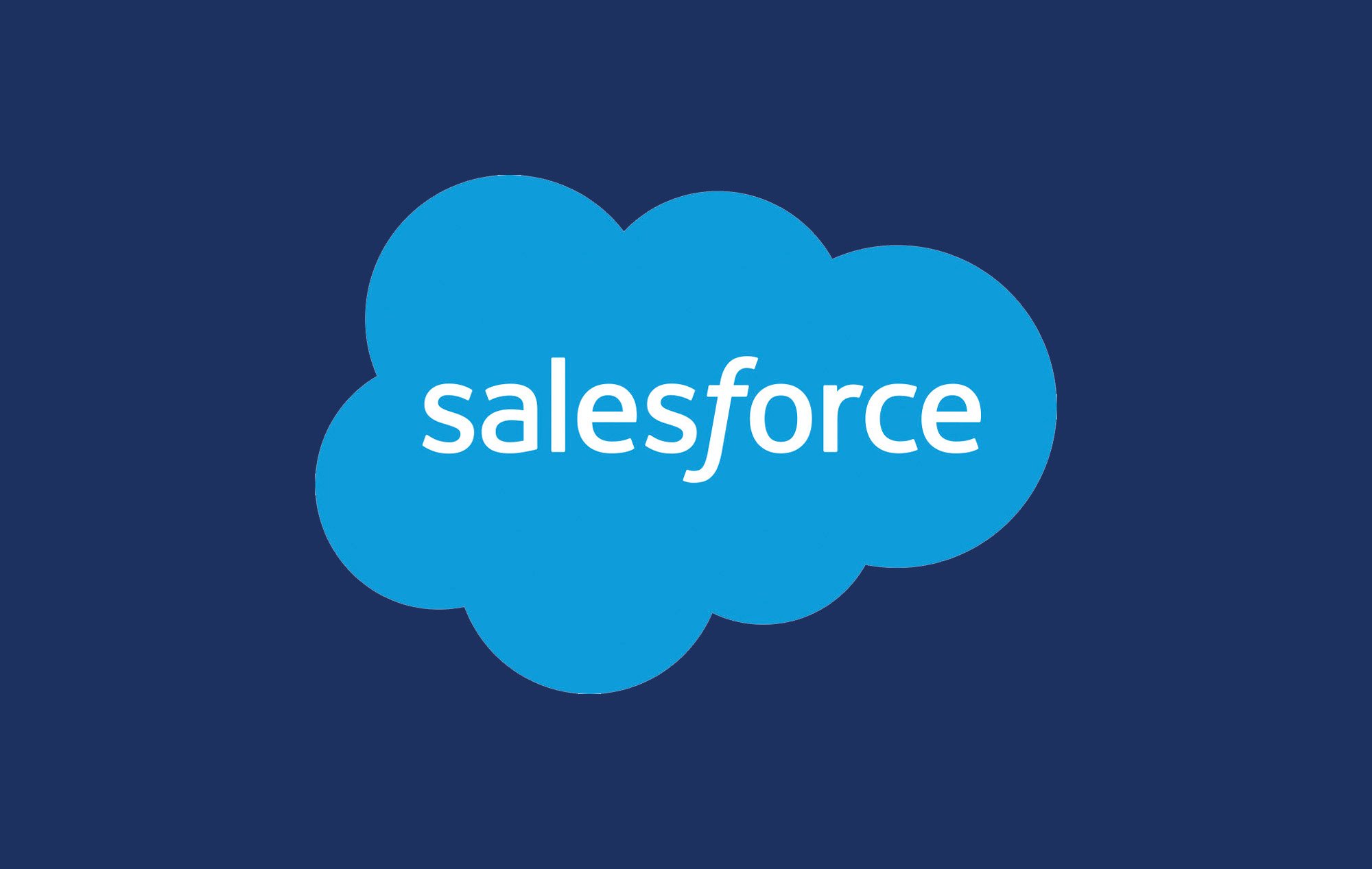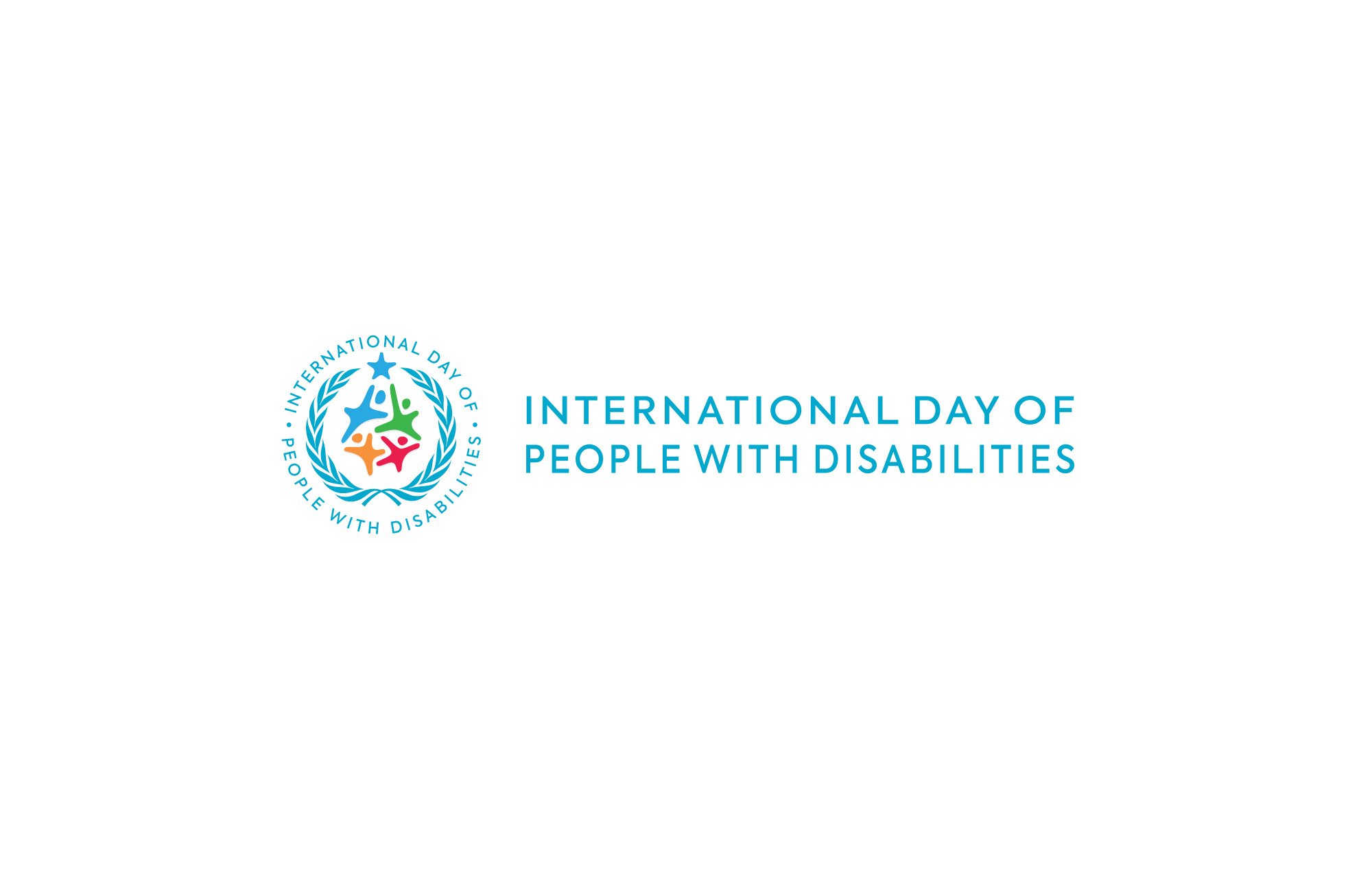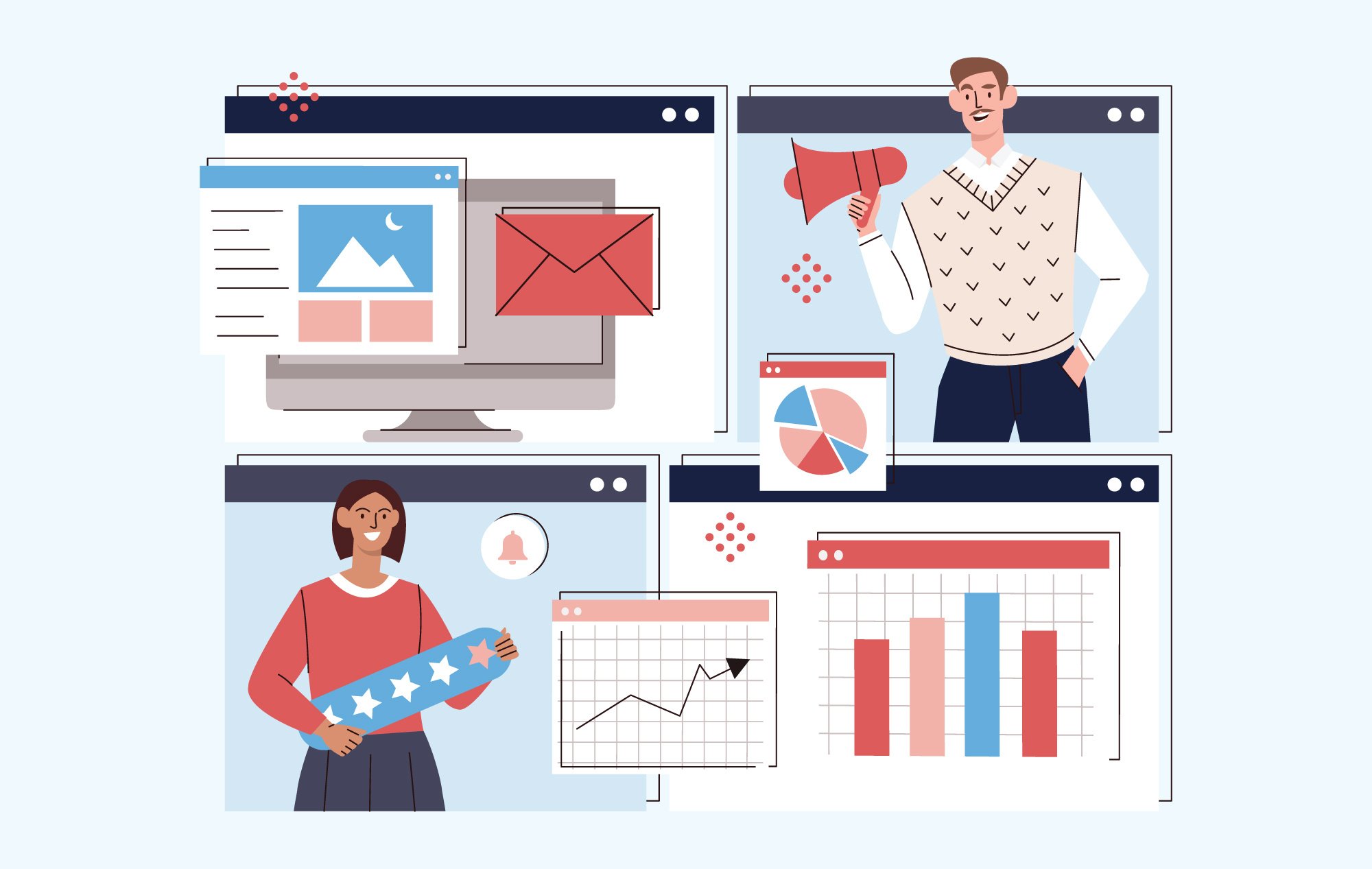As a founding partner of InclusionHub, Salesforce is publically committed and working toward making not only the workplace but the world more accessible and inclusive. The cloud-based customer relationship management software provider continues to demonstrate what large enterprises can do to help reshape the business landscape–for the benefit of all.
“We believe business is the greatest platform for change,” Salesforce states in its “FY23 Stakeholder Impact Report,” published earlier this month. “Together, we are creating a more equitable and sustainable world while driving customer success. Our Customer 360 and 1-1-1 philanthropic model help our stakeholders, including shareholders, customers, employees, partners, the planet, and the communities in which we work and live to succeed.”
The report is replete with details of these efforts.
For example, Salesforce exceeded its goal of having 50% of its U.S. workforce consist of underrepresented groups, way ahead of its end-of-FY24 target. These employees include women, people who identify as Black, Latina/o/x, Indigenous, two or more races, or LGBTQ+, those with disabilities, and veterans.
Last year, Salesforce highlighted its partnership with InclusionHub and how its accessibility efforts advance UN sustainability goals. This year’s Stakeholder Impact Report, once again, demonstrates how Salesforce focuses on more than just shareholders by prioritizing greater accessibility and inclusion in the professional world.
“When we focus on stakeholder value as well as shareholder value, our companies will be more successful, our communities will be more equal, our societies will be more just, and our planet will be healthier,” writes Salesforce Chair and CEO Marc Benioff in an introductory letter to stakeholders.
‘Shift Left’ & Blueberry Muffins
Saleforce’s accessibility programs are central to the company’s overall efforts to foster more inclusive workplaces. And to create meaningful change, accessibility has to be at the core of what businesses do, not merely remain an afterthought (including when it comes to web accessibility).
This is manifest is Salesforce’s “shift left” mentality, a concerted effort to move questions of accessibility to the beginning of the design process, including products, events, workspaces, and services. In her recent interview with The InclusionHub Podcast, Salesforce's Vice President of the Office of Accessibility Catherine Nichols recalls a metaphor often used around the organization to capture this approach.
“The concept was that you can bake a muffin, and then later start to kind of stuff the blueberries into it,” she says. “And it's not going to look very good, it's not going to be very appetizing, it's going to cost you more time, more effort, and probably not sell very well. Not going to be a big hit at the bake sale. And you're really just going to be better at actually baking those blueberries into the mix beforehand, rather than trying to stuff them in at the end.”
Not only does Salesforce foster this mentality throughout its business operations, but across its broad ecosystem of partners and collaborators. In fact, it’s baked into their Supplier Code of Conduct, a series of policy commitments and guidelines potential vendors are expected to support.
Dreamforce 2022
At Salesforce’s annual in-person event, the company focused on creating more equitable access for the varied needs of people with disabilities. In part, this included ensuring physical, visual, and auditory features of the event accommodated people with diverse disability needs.
This helped facilitate fair access to Dreamforce 2022 for more than 700 accessibility champions spread across 13 sessions entailing conversations about technology, design, talent, and equality.
Greater accessibility was further made possible by the company’s Salesforce+ Experience. This digital platform featured free access to reconceptualized virtual experience across three full days, including two channels, 72 hours of live broadcasts, 200+ on-demand sessions, and many exclusive, digital-only events.
Prioritizing Accommodations for Professionals With Disabilities
Aspiring to better embody a workplace dedicated to greater accessibility and inclusion, Salesforce also offers accommodation services for current and prospective employees.
For instance, job candidates are encouraged to include which accommodations they need in order to do their job properly, from remote and flexible work options to assistive technologies such as screen readers, captioning, and sign language interpretation. An Accommodation Request Form makes it easier for potential employees to communicate about their disability needs and be well prepared for the interview process.
Additionally, Salesforce has established a Neurodiversity Job Coaching program designed to partner neurodivergent professionals with mentors knowledgeable in neurodivergence within the professional world.
Increasing Disabilities Representation & Reducing the Employment Gap
Not only does a massive employment gap persist between professionals with disabilities and their non-disabled peers, but there’s a similar lack of disability representation in professional leadership, as well.
According to March 2023 statistics from the U.S. Department of Labor, the labor force participation rate for people with disabilities ages 16-64 is 40.2%, whereas people without disabilities have a labor force participation rate of 77.6%.
Furthermore, the 2022 Disability Equality Index published by nonprofit Disability:IN reveals that of the 415 companies that participated, including 69 of the Fortune 100 and 188 of the Fortune 500, a paltry 6% have “someone who openly identifies as having a disability serving on their company’s corporate Board of Directors.”
Given 318 of these companies operate outside of the United States, the shortage of professionals with disabilities serving in leadership positions contrasts starkly with the more than 15% of people globally living with disabilities.
To address this so-called “employment gap,” Salesforce has focused its efforts on increasing the number of professionals with disabilities reflected in corporate leadership. Notably, the cloud-based software company has expanded its Disabilities @ Work in Europe, Asia, and the Middle East. To further make workplaces more accessible and inclusive, this program helps address the complexities of establishing global standards for access while navigating varied cultural norms, business practices, and laws.
In fact, on top of earning a spot on the 2022 “Best Places to Work for Disability Inclusion,” Salesforce’s disabilities representation in Italy grew by 75% since last year due in part to prioritizing inclusive interviewing and hiring practices, community standards, and procurement procedures.
“Most of the time, having a disability is a disadvantage in your personal life but not professionally,” says Oriana Di Stefano, an Equality Talent Partner for Salesforce in Italy. “People with disabilities can, most of the time, perform any task as anyone else. Salesforce is very good [at] not making my disability a point. They manage and measure the quality of my work as they would anyone else. This is crucial in making me feel equal to my peers as much as making sure I have equal opportunities as they have.”
Ultimately, Salesforce believes these equality initiatives are about transforming its business ecosystem and how they work with clients, customers, and team members. People who feel included and able to contribute are what makes that possible.
“We are our greatest asset in creating a more accessible workplace and world, empowering people with disabilities to gain meaningful employment and to feel the sense of belonging we all strive for,” states Nichols.
A founder partner of InclusionHub, Salesforce is collaborating to help bring greater accessibility and digital inclusion to the professional world. Visit its a11y website to learn more.






Leave a Comment